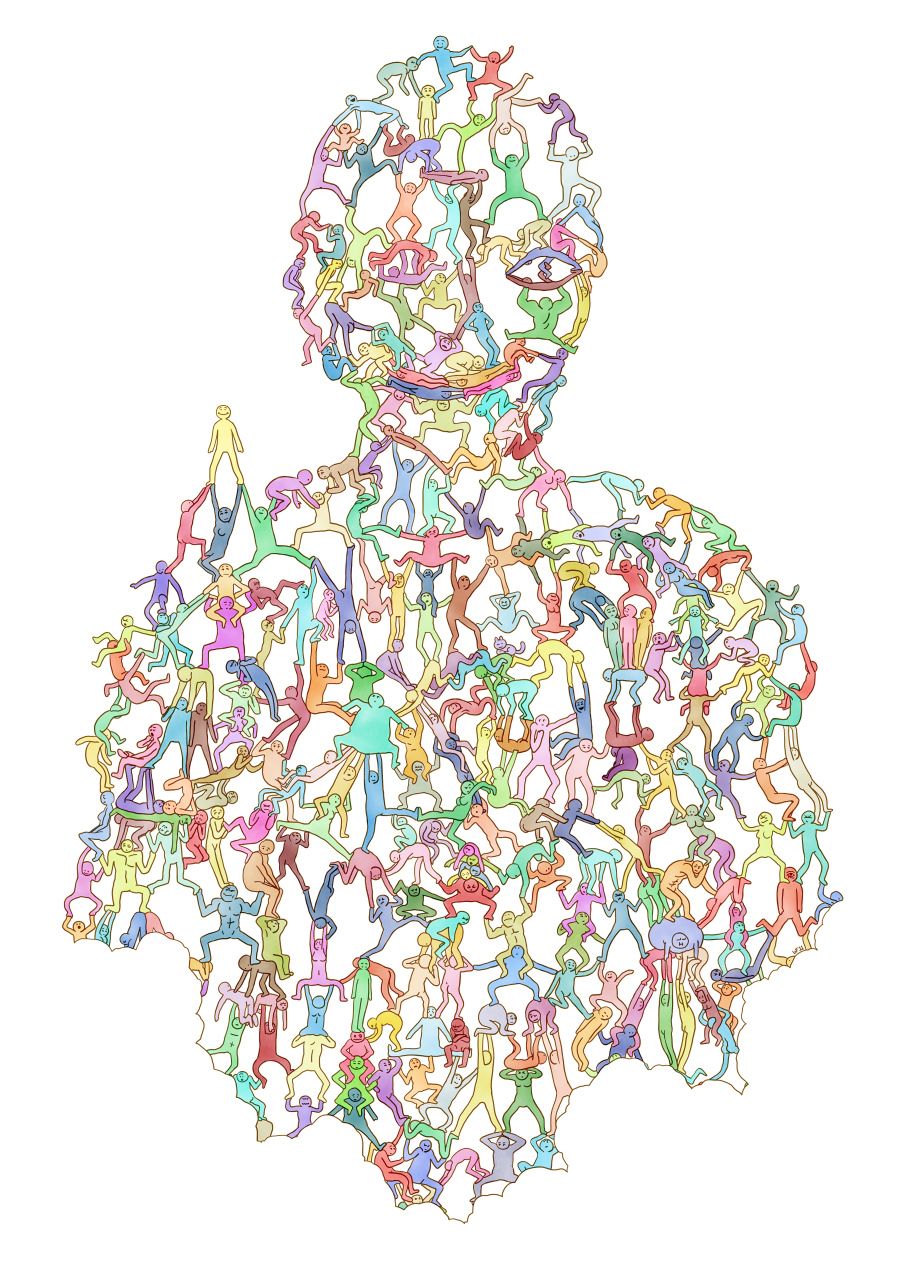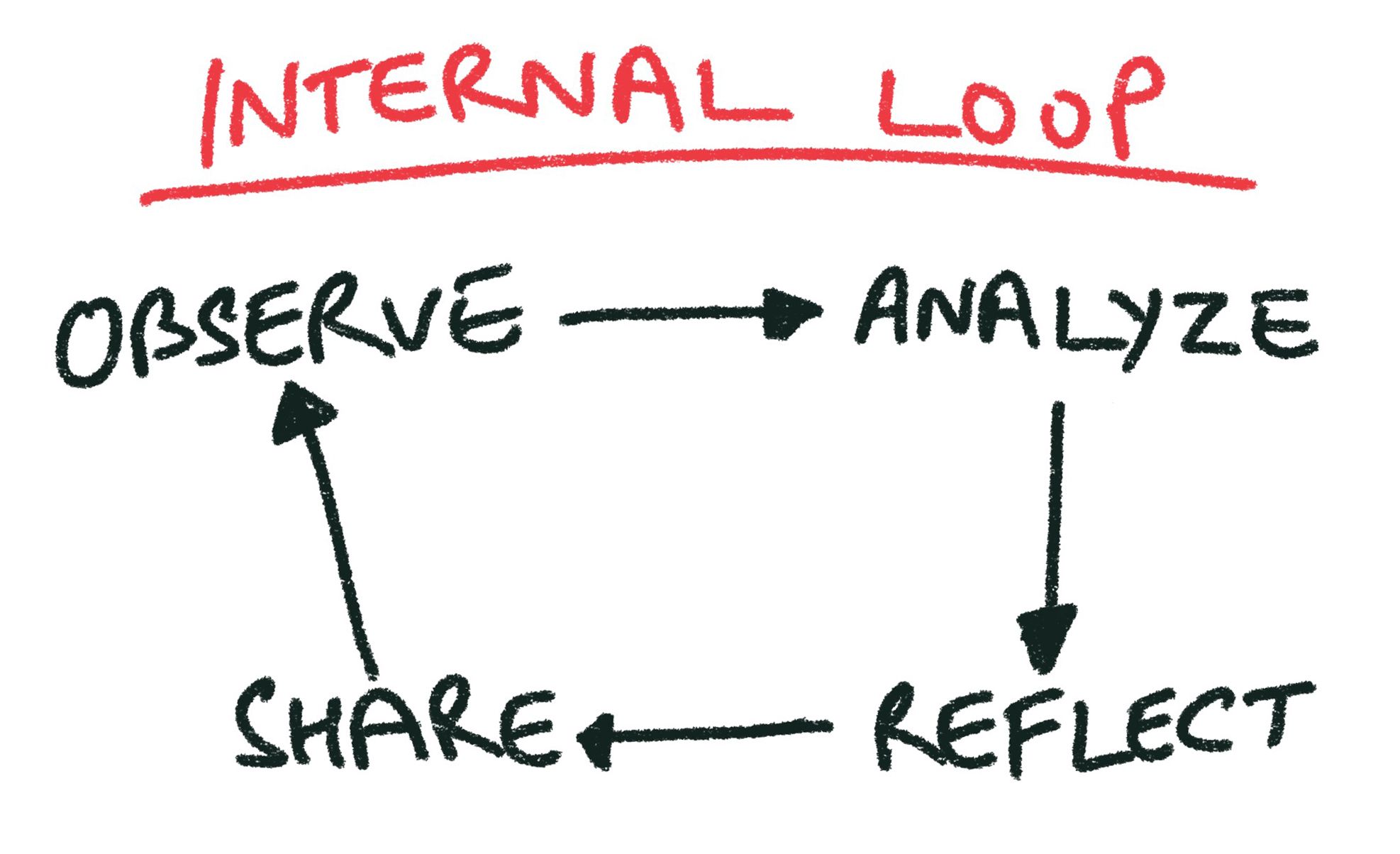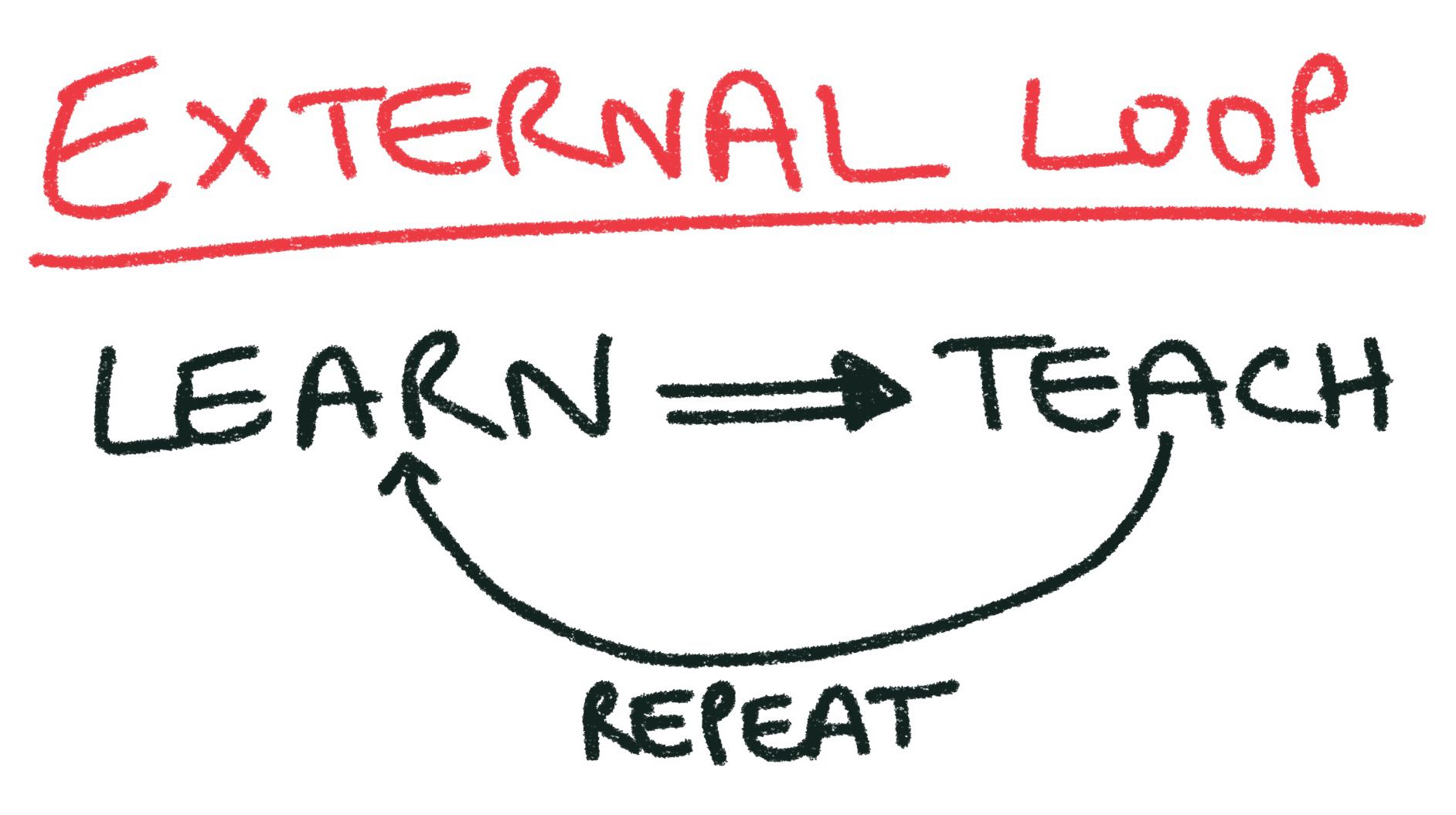What Will You Teach Me Today?
Most people are governed by the myth of mastery. They believe that everything that is learnt, or even taught, must be done so with the intent to master it.

Exploring the pursuit of learning not for the sake of mastery.
THE MYTH OF MASTERY
I have observed that the vast majority of people on this planet are governed by the myth of mastery. They wholeheartedly believe that everything that is learnt, or even taught, must be done so with the specific intent to master it. This single-minded pursuit of mastery is not only futile but detrimental as well because instead of adding knowledge or perspective it limits our ability to explore and experiment.
If you learnt things for the sake of learning not mastery then what might you achieve? And if you could, then what would you teach and pass on to others?
In a learning oriented worldview, every person and experience becomes your guide because the process, and its effects, are the sole motivators of action. The outcome itself then becomes a byproduct and can be subjected to rigorous review using questions of purpose, intent and service.
The three questions that help shatter the myth of mastery are -
1. Have you ever learnt something simply because you wanted to or felt like it? When was the last time you did so?
2. Why do you learn? What motivates you to know more?
3. Have you ever started something and left it mid-way (or a long way) from mastery? Why did you quit?
THE LOOPS OF LEARNING
If anyone wishes to learn then there are only two loops or cycles that they must be concerned about. The first one is internally oriented while the second is external. However, both are interlinked and thus essential to the overall development of our mindspace.

Internal Loop
1. Observe
Watch everything and everyone around you with childlike curiosity. Each entity is a guide acting out their role in your life as a conduit to an important lesson.
2. Analyze
Dismantle your observations into their smallest known elements so that you can identify the unique insights that are powering the phenomenon.
3. Reflect
Pause and try to understand the significance of your observations, actions and insights in the context of the larger narrative at play.
4. Share
Distribute widely and teach because these are the best ways to internalize the lessons we have learnt.

External Loop
1. Learn
This could be anything at all but the act of learning something new and hopefully worthwhile must be repeated everyday.
2. Teach
The fact, skill or habit that was learnt by you is a gift and so must be taught to someone else the very next day. This is critical because through this act of giving we simultaneously learn and retain.
3. Repeat
Do this everyday. Make it your mantra.
THE END OF MASTERY
Become an expert. Put your 10,000 hours in.
No.
The social construct of mastery has been in vogue for several decades now but it is deeply flawed because it perpetuates the burden of inadequacy for all those who harbor other ambitions. Not everyone needs to, wants to or should be an expert! After all each novice looks at the world differently and sometimes this way of seeing is what a master lacks and yearns for. So be a novice starting today!
We all have a finite amount of time on this planet and it isn’t about hacking our way to know more. It’s about enjoying life and constantly being in awe of it. So what will you teach me today?